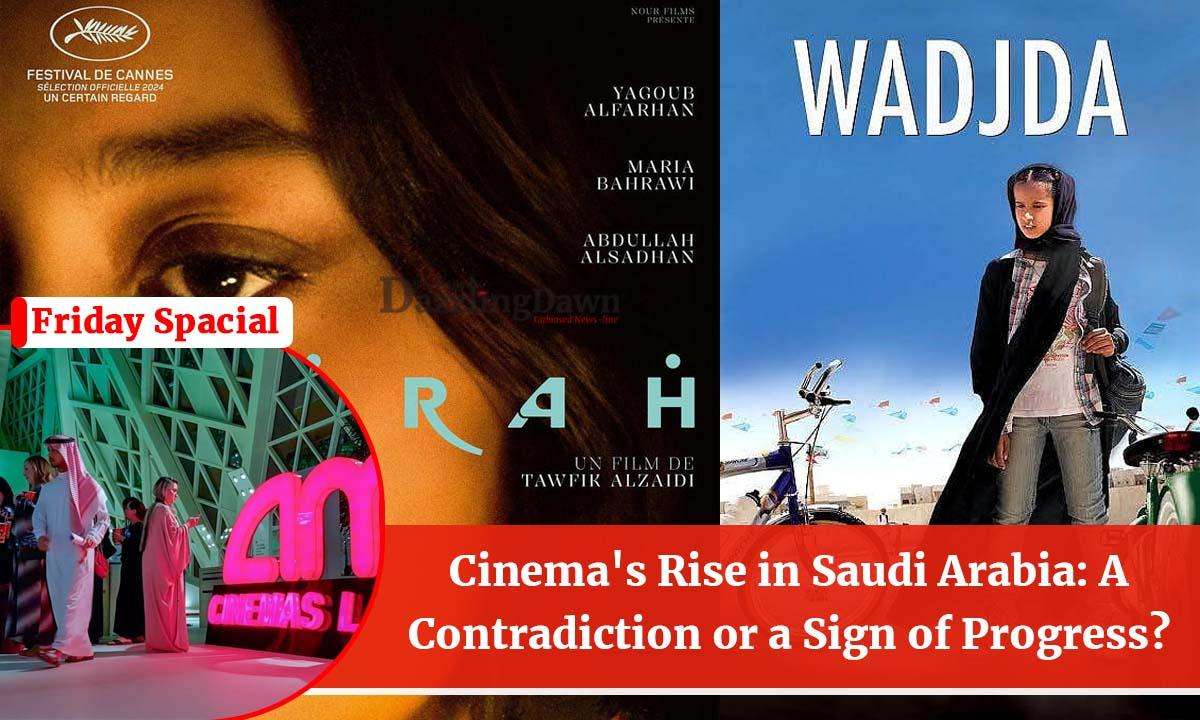The Kingdom of Saudi Arabia has long been known for its strict adherence to Islamic traditions, which have often led to restrictions on entertainment and cultural activities. However, in recent years, the country has witnessed a remarkable transformation, particularly in the realm of cinema. The once-forbidden practice of watching movies has not only been legalized but has also become a booming industry, attracting billions of dollars in investment. This article delves into the fascinating rise of Saudi cinema, exploring the factors behind its success and the challenges it faces.
A History of Prohibition
For decades, cinemas were outlawed in Saudi Arabia due to their association with Western culture and the promotion of "immoral" content. However, in 2017, as part of Crown Prince Mohammed bin Salman's Vision 2030 reform program, a landmark decision was made to lift the ban on cinemas. This move was seen as a significant step towards modernizing the country and providing citizens with new forms of entertainment.
The Rise of Saudi Cinema
Since the legalization of cinemas, the industry has experienced explosive growth. Today, Saudi Arabia boasts numerous state-of-the-art movie theaters, showcasing a diverse range of films from around the world. The country's first IMAX theater opened in Riyadh in 2018, followed by other major cities like Jeddah and Dammam. The Saudi film industry has also received a major boost, with the establishment of the Red Sea International Film Festival and the Red Sea Film Fund, which aim to support local filmmakers and promote Saudi cinema on the global stage.
Challenges and Controversy
Despite the rapid growth of the cinema industry, it still faces challenges and controversies. Some conservative elements within Saudi society continue to oppose cinemas, arguing that they promote Western values and distract people from religious obligations. Additionally, the censorship of films remains a sensitive issue, with certain movies being banned or edited to comply with the country's cultural norms.
A Sign of Progress or a Contradiction?
The rise of Saudi cinema raises questions about the country's evolving identity and its relationship with Islamic traditions. Some argue that the legalization of cinemas represents a genuine step towards modernization and cultural openness, while others view it as a contradiction to the country's conservative values. Regardless of one's perspective, the growing popularity of cinemas in Saudi Arabia is undeniable, and it will be interesting to see how this industry continues to shape the country's cultural landscape in the years to come.
Expanding Global Horizons
Saudi filmmakers are actively pursuing international co-productions, aiming to address financial hurdles, benefit from collaborators’ technical and artistic strengths, and reach wider global audiences. Their presence at prominent international film festivals has also grown significantly.In a notable development last year, Saudi Arabia and China agreed to collaborate in the film sector. The Saudi Film Commission signed a memorandum of understanding with Bona Film Group, a major Chinese producer and distributor.
This agreement includes plans for joint film distribution — particularly featuring Saudi films in both countries — along with initiatives for training, skill-building, and discussions about launching a shared production fund.
The commission has also led multiple international tours where Saudi films are showcased. Known as “Saudi Film Nights,” these events are designed to promote the kingdom’s cinematic works globally, empower local filmmakers, expose them to diverse global audiences, and foster lasting partnerships with international film forums for knowledge exchange.








.svg)




_6.jpg)